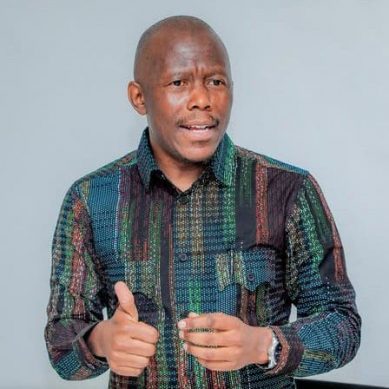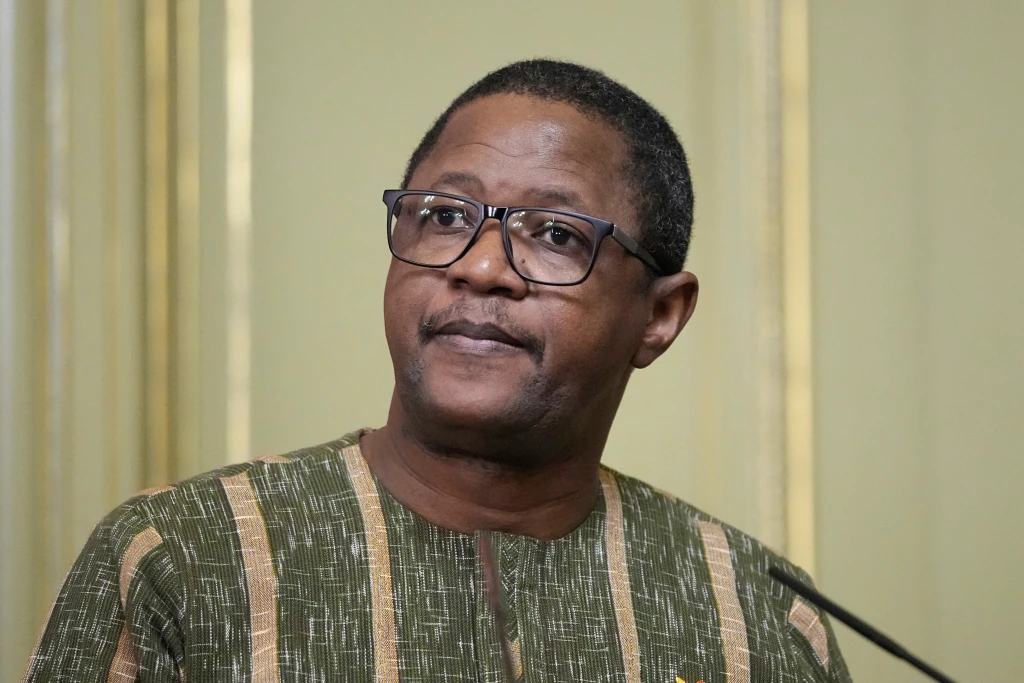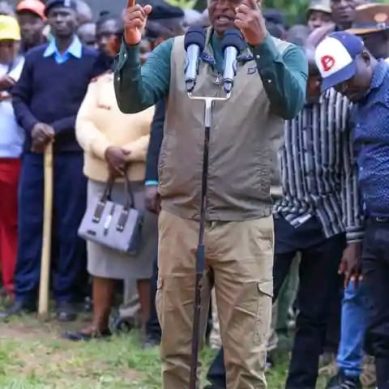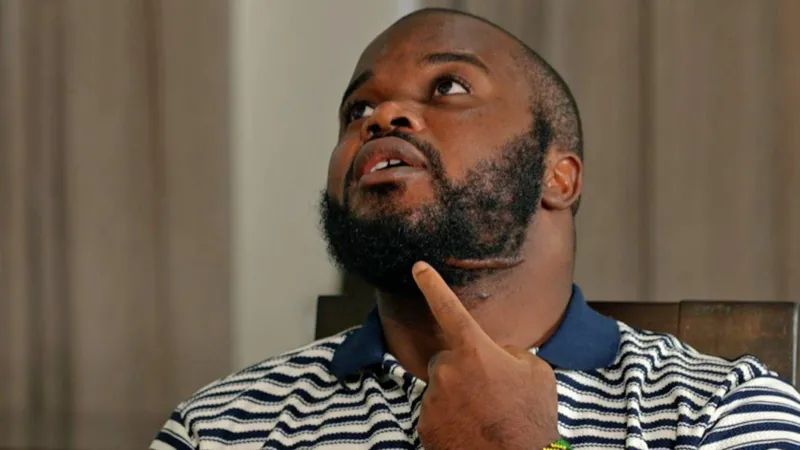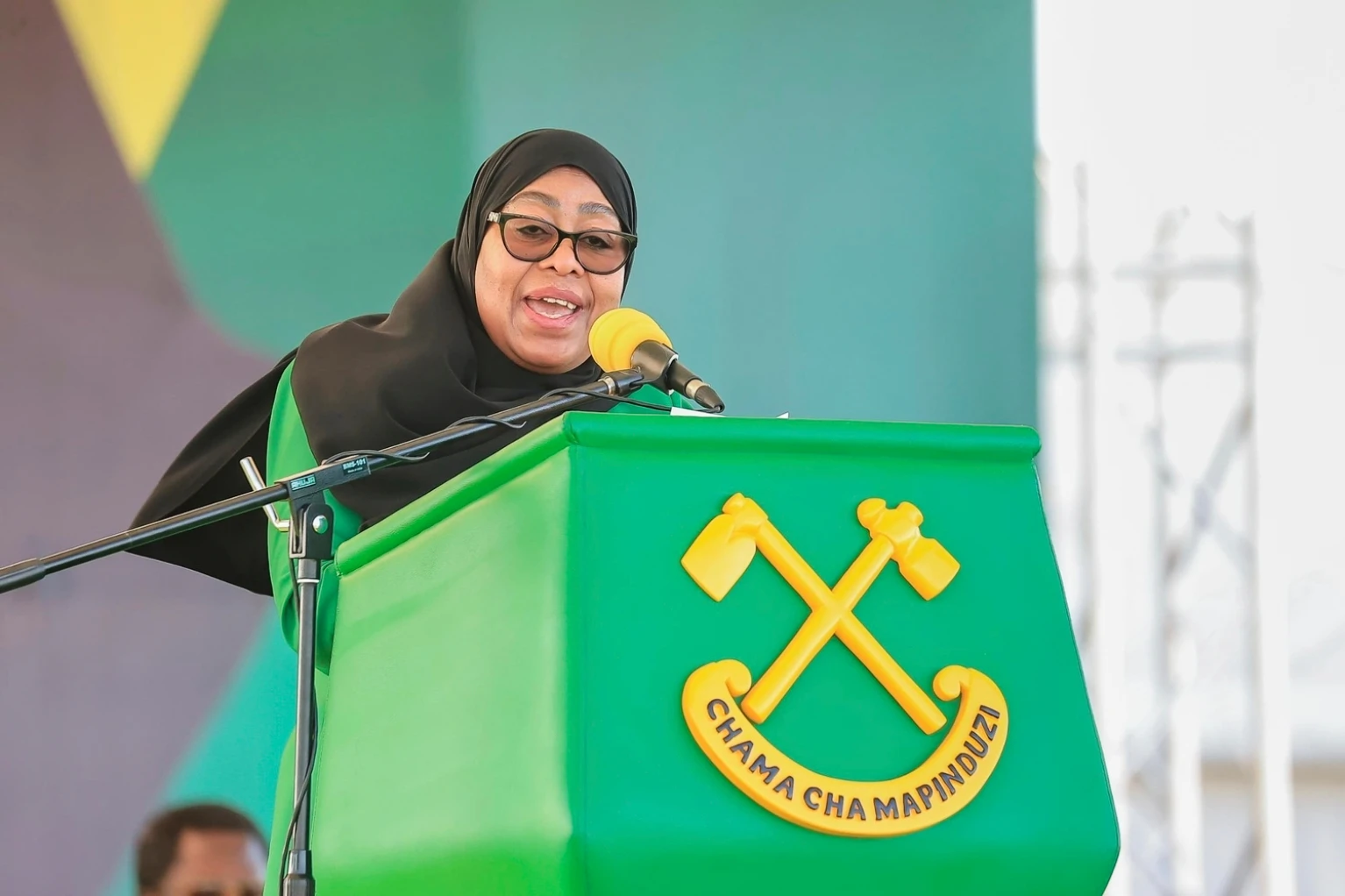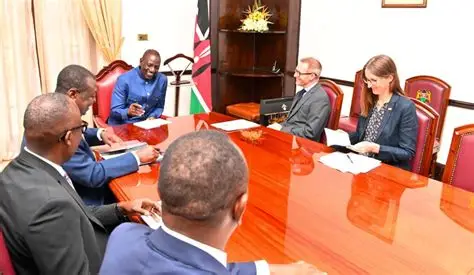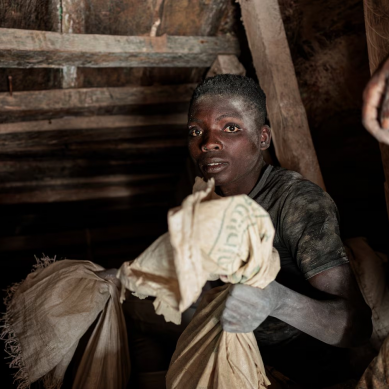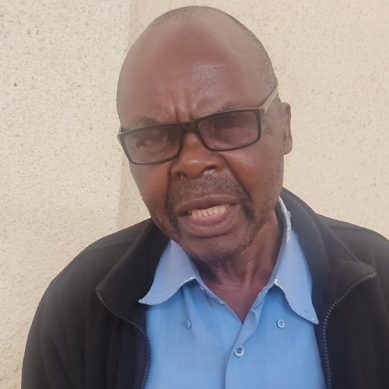Kenya politics: Farouk Kibet ‘advises’ Luhyia to get ready to succeed President Ruto in 2032 as DCP questions his academic credentials
During the fundraiser in Malava the president’s man made the declaration that the region should wait for their turn to succeed Ruto in 2032 and hailed the close relationship between Luhyia and Kalenjin people. The declaration was met with swift response by DCP and Democratic Alliance Party of Kenya (DAP).
Suluhu on the cross: Chronology of how Tanzania President Hassan’s critics are abducted, ‘disappeared’ or assassinated
Rights groups Amnesty International and Human Rights Watch recently accused the government of being behind arrests, abuse and forced disappearances. The authorities have denied the allegations.
Election puzzle: Tanzania President Hassan, predecessor Kikwete face strong resistance for promoting Islamic hegemony
Catholics have publicly criticised Samia’s totalitarian rule are currently fasting and praying in protest. The Catholics are also unhappy with assassination attempt of Joseph Kitima, one of their most vocal clergymen in Tanzania.
Experts: Gachagua’s unrelenting ‘terrorism’ tirades against President Ruto may have caused a rejig in Foreign Service
US Congressional Bill seeks to assess Ruto’s position in national and regional politics. The experts point out that Kenyan people are well aware of the state’s role in abductions, seen as a signal of the president’s intention to live, publicly at least, in a fantasy world in which he continues to be held in high regard abroad.
Inside Congo’s killing fields, sickly and exploited artisanal miners slave away for world’s indifferent tech economies
Josaphat Musamba, a Congolese researcher and PhD student at Ghent University in Belgium, said suppressing the militia would be a tall order for the DRC’s military, which is no longer present in large swathes of M23-controlled territory.
Cry, the beloved country: How Congo’s mines power world’s tech industry that reciprocates with guns and bombs
According to a December UN report, the scale of the trade reached new heights after the capture of Rubaya by M23. The rebels went on to establish a parallel administration controlling mining activities, trade, transport and the taxation of the minerals produced there, the UN reported.
How African player Lassana Diarra’s win in case against Fifa liberated European players from world football tyranny
The case hinged on a FIFA decision to fine Diarra €10.5 million (£9.1 million/$12.1 million) and ban him for 15 months for breaching his contract with Russian side Lokomotiv Moscow in 2014 “without just cause”.
Israeli parliament approves apartheid as US Republicans and Democrats close ranks against PM Netanyahu
Despite its most powerful ally and arms dealer’s stated preference for a two-state solution, Israel’s Parliament voted overwhelmingly on Wednesday in favour of a symbolic measure to annex the occupied West Bank,
State capture: Role of South African Black police and ministers in crime questions ruling ANC’s credibility to confront lawlessness
In early July 2025, Lieutenant General Nhlanhla Mkhwanazi, the commissioner of police in the province of KwaZulu-Natal, made some startling claims. He called a press conference and, wearing camouflage uniform, he implicated the minister of police, Senzo Mchunu, together with the deputy national commissioner for crime detection, in a scheme to close down investigations into political assassinations in the province.
